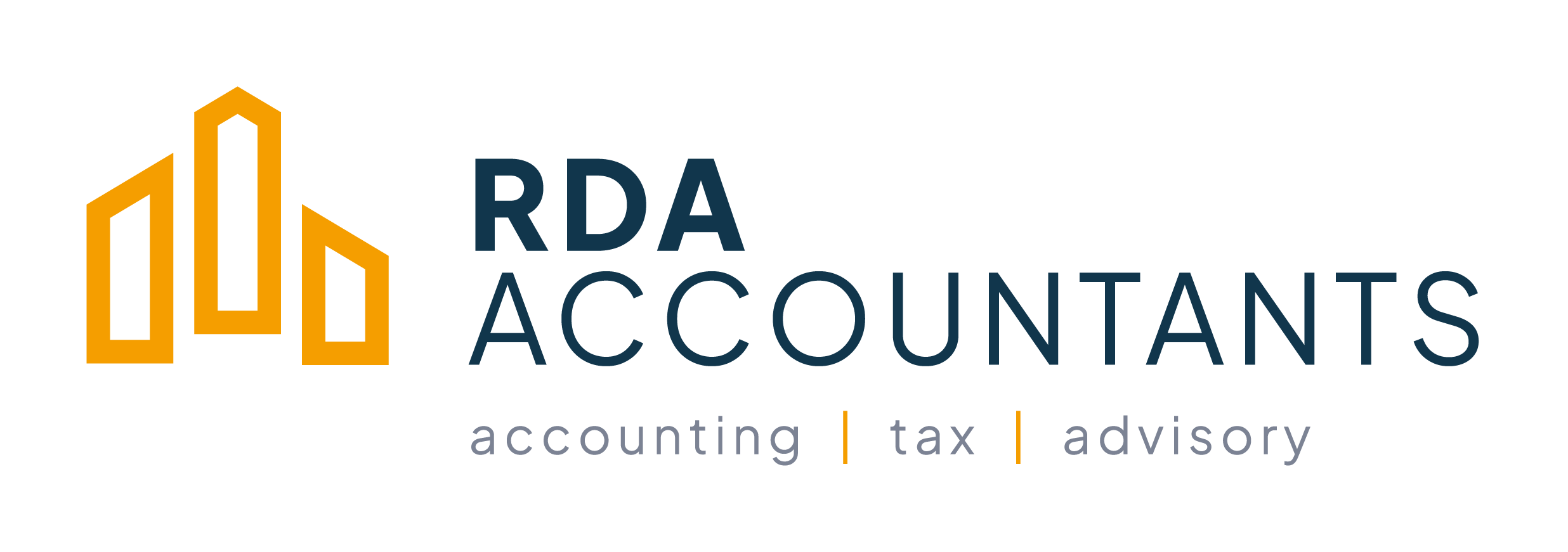Last week, the Government published the Economic Recovery Plan (ERP), setting out a new phase of...
July Stimulus Package - The Main Points
On 23 July, the coalition government announced their long-awaited stimulus package, which aims to protect the Irish economy and support businesses across all sectors. The package, estimated at €7.4bn, contains a mix of measures that include tax cuts, expenditure and support credits.
Job retention and creation is a key focus of the package, with the government looking to alleviate cash flow difficulties for business through extending the wage subsidy scheme, rates waivers and access to more affordable and longer-term debt funding.
The consumer will also benefit from the package, with tax rebates available for those holidaying in Ireland, an increase in the first-time buyers help-to-buy-scheme and a drop in the standard VAT rate from 23% to 21% for a six-month period.
Here are some of the main points
- Employment wage support scheme to replace the current wage subsidy scheme and run until April 2021. It will provide for a €203 flat rate subsidy per employee per week for businesses with a 30% or more decrease in turnover.
- Restart grant scheme being expanded from €250 million to €550 million with up to €25,000 being available to qualifying firms.
- Commercial rates to be waived until end September 2020.
- Assistance on borrowings through the Covid-19 Credit Guarantee Scheme, measures to reduce interest on lending to micro and small businesses and expansion of the Future Growth Loan Scheme.
- Pandemic Unemployment Payment to extend to 1 April 2021 but will be gradually reduced during this period to bring in line with existing social welfare levels.
- 6 months reduction in the standard VAT rate from 23% to 21% from 1 September 2020.
- New Stay and Spend incentive allows any taxpayer spending over €625, on accommodation, food and non-alcoholic drinks, between October 2020 and April 2021, able to claim back €125 through a tax credit.
- Early carry back of trade losses will be allowed for corporation tax purposes and a similar relief for self-employed to carry back losses incurred during Covid to their 2019 tax return will be allowed. This may lead to refunds of tax paid in respect of 2019.
- Legislation to be passed in respect of the debt warehousing measures announced in May which reduce the interest exposure on late payments of VAT and payroll taxes.

